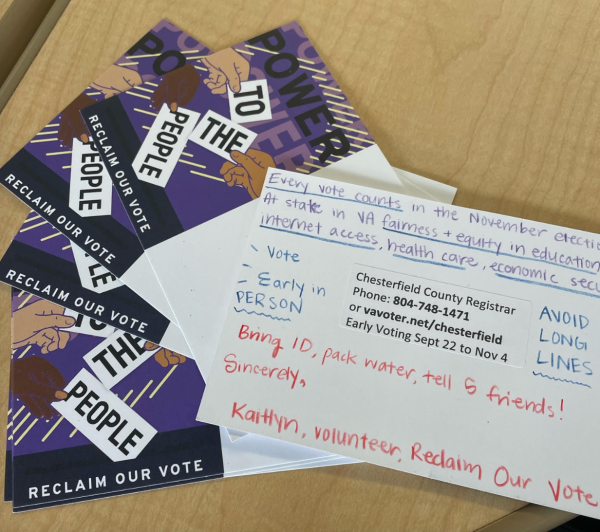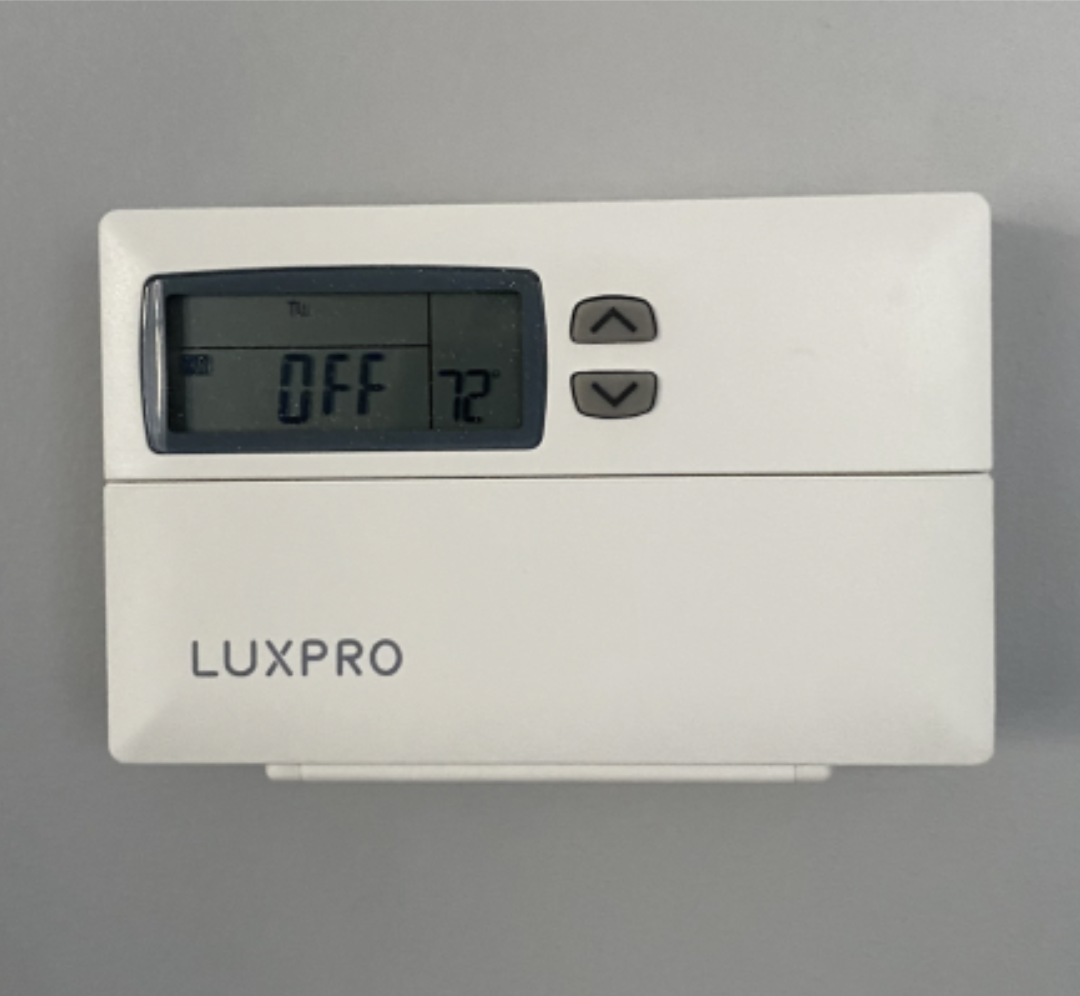2024 is a voting year, and the local ballots have already been cast and counted. However, there was a particular proposition that will heavily impact the state of California. The aforementioned measure is Proposition 1.
Prop 1 “authorizes $6.38 billion in bonds to build mental health treatment facilities for those with mental health and substance use challenges” and “provides housing for the homeless.” This would specifically impact the city of San Francisco and the homeless population we have here by providing ways to keep people off of the streets – through affordable housing and mental health treatment facilities – to ensure better cleanliness for the city and its residents. (Legislative Analyst’s Office).
This proposition has the ability to significantly change conditions in California through the targeting of three main causes of homelessness in the state: mental health treatment, affordable housing, and drug or alcohol treatment.

In California alone, 1 in 7 adults experience a mental health issue, and 2.7 million Californians suffer from addiction. Prop 1 is the first major proposition that includes drug and alcohol treatment alongside mental health treatment, meaning it has a greater impact on California’s residents. Although this does not only refer to the homeless population, it would help a lot of these individuals by building them recovery plans – be that for mental health issues or drug/alcohol addiction problems – and hopefully start a healthier lifestyle for them.
Prop 1 also includes provisions that would particularly impact the veteran homeless population. According to a 2023 survey, 30% of the United States’ veteran homeless population reside in California, which provides background as to why Prop 1 would be so important in this area.
On top of all that, California hosts 28% of America’s homeless population and 49% of the nation’s unsheltered population. The difference between simply “unsheltered” people and “homeless” people is that “unsheltered” refers to people who do not have any residence to claim as their own but still have a fairly suitable place where they sleep – such as their car. “Homeless” is a more general term used for anyone who does not have a legal residence to live in. The affordable housing aspect of Prop 1 targets the root causes of homelessness by providing funding to build more affordable housing units across the state.
Opponents of Prop 1 claim that there are already enough programs in place that help the homeless and provide affordable housing, and there is no need for the proposition because the Mental Health Services Act (MHSA) already implements mental health programs for those who need them.
The MHSA was voted into law by California voters in 2004 and provides funding for mental health programs through the state and through individual counties. The MHSA collects its funding from state taxes, as well as a specific tax on those who earn more than 1 million dollars in annual income. Currently, 95% of MHSA funding goes to county programs to use for their specific needs, and the remaining money goes to state programs.
Prop 1 would move 5% of the MHSA funding from the counties and give it to the state. Opponents argue that this would stifle county needs and create a “one size fits all” program because not all counties have the same needs for the money.
However, these opponents fail to recognize that the MHSA has been in place for twenty years now, which gave the counties plenty of time to do what they wished with their funding from the act. Yet the state of California is still dealing with similar, if not, the same, issues that we had in 2004. It is only fair that the state is taking money from the counties because they had their time to make improvements, and their failure to do so has urged the state to step in and solve these issues. Additionally, Prop 1 is only taking 5% of county funding away, which still leaves plenty of money for county programs.
As another plus, the money to pay off the $6.4 billion in new bonds will not be coming from taxpayer pockets. Instead, the state will pay off the money in $310 million installments over the next thirty years.
In terms of the distribution of that money and the bonds’ money from Prop 1, there will be significant funds going toward both addiction recovery facilities and affordable housing. From the $6.4 billion in bonds, $2 billion will go to affordable housing. This significant amount of money is needed for affordable housing because the housing market in California is particularly expensive and any less amount of funding would not be enough. The other $4.4 billion from Prop 1 would go toward treatment facilities for mental health or drug/alcohol addiction. This will help California crack down on these issues and make necessary changes throughout the state. Prop 1 will also provide frequent audits of the money to ensure that it is getting to its proper location, which emphasizes the aspect of responsibility.
Other impacts of Prop 1 would include: addressing the shortage of mental health workers by bringing in more qualified people to fill these jobs, providing money for mental health or addiction treatment for incarcerated individuals, and issuing funds for construction of mental health and addiction treatment facilities.
When it was proposed in the California Legislature earlier in the year, Prop 1 was favored across the board, marking its significance through its bipartisan support. This reinforces the hope that this proposition will be making a difference in the state because it is widely accepted without underlying political opposition. Not only that, but its significance is also reflected in the fact that it was the only proposition on the state ballot this year.
Although it was a bipartisan measure in the state legislature, when put to the voters, Prop 1 was controversial. In fact, the votes were so close, with 50.19% for and 49.81% against, that the ballots had to be recounted. On March 25th, the final counts came in and Proposition 1 passed by approximately 28,000 votes. Prop 1 is now being implemented as a statewide measure, with 3,624,998 votes for and 3,596,974 votes against, proving that every vote counts.







